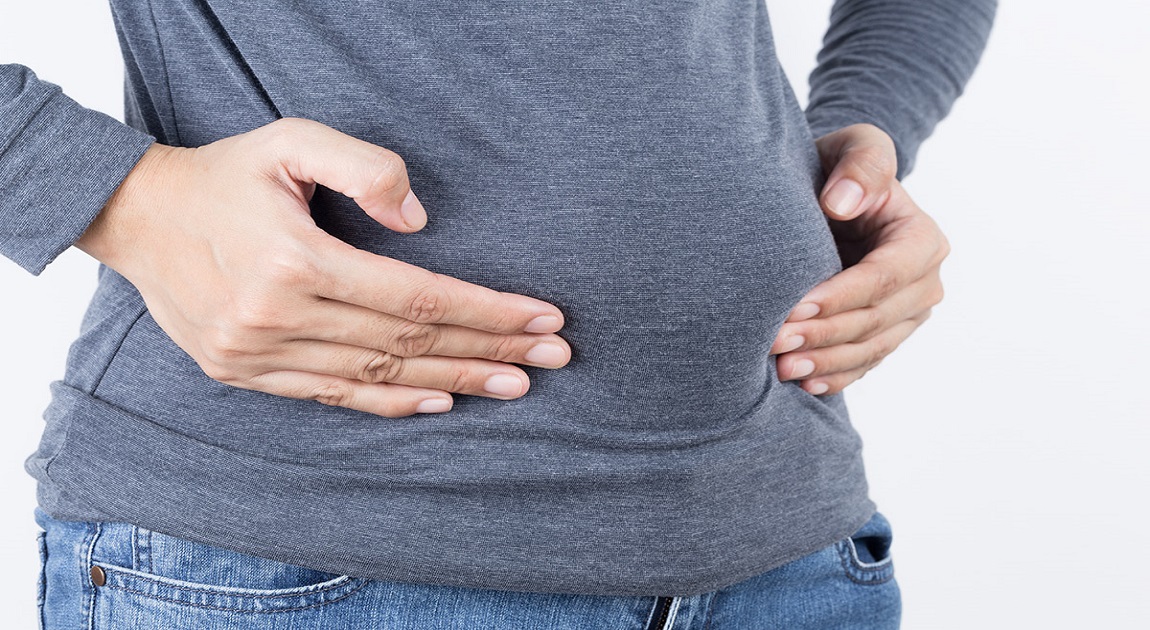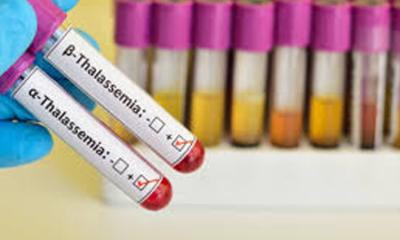As Eid-ul-Azha festivities are in full swing across Bangladesh, families are indulging in traditional feasts that mark this sacred occasion.
From beef and mutton curries to tehari, khichuri, firni, and a variety of deep-fried snacks and sweets—Eid meals are rich, flavorful, and often eaten in large quantities.
But doctors are warning that overindulgence can lead to digestive problems like bloating, gas, acidity, and sluggishness.
Health professionals note that consuming excessive amounts of spicy, oily, or sugary foods in a short time can put undue stress on the stomach. The result? Gastric discomfort, acid reflux, and disturbed digestion — particularly among the elderly or those with pre-existing gastric issues.
Why Eid Feasting Upsets the Stomach
On Eid day and the days following Qurbani, it’s common for people to eat large portions of beef or goat meat, sometimes in multiple meals throughout the day. Add to that high-fat preparations like rezala, korma, and biryani, along with rich desserts such as semai and sweets — and the digestive system can easily become overwhelmed.
Nutritionists say that eating too quickly, skipping vegetables or fiber, and drinking sugary or carbonated beverages during meals can worsen the problem. Many also tend to rest or nap immediately after heavy meals, which slows down digestion further.
5 Tips To Enjoy Eid Meals Without Digestive Woes
Eat in moderation: Try to space out meals and avoid piling too much food on your plate at once.
Include fiber: Add salad, cucumbers, or vegetables to your meals to help digestion.
Drink water, not fizzy drinks: Avoid cola or carbonated drinks, which cause gas and bloating.
Chew properly and eat slowly: This allows digestive enzymes to work effectively.
Take a walk after meals: Light movement can help stimulate digestion and prevent gastric discomfort.
Special caution for vulnerable groups
Elderly people, children, and individuals with diabetes, high blood pressure, or liver/kidney issues should be particularly careful. For them, lighter portions, avoiding overly fatty dishes, and staying hydrated are crucial.




-20260106082251.webp)

-20251231101531.webp)







-20260304091720.webp)






-20260303080739.webp)










-20260225072312.webp)





-20260228064648.jpg)
